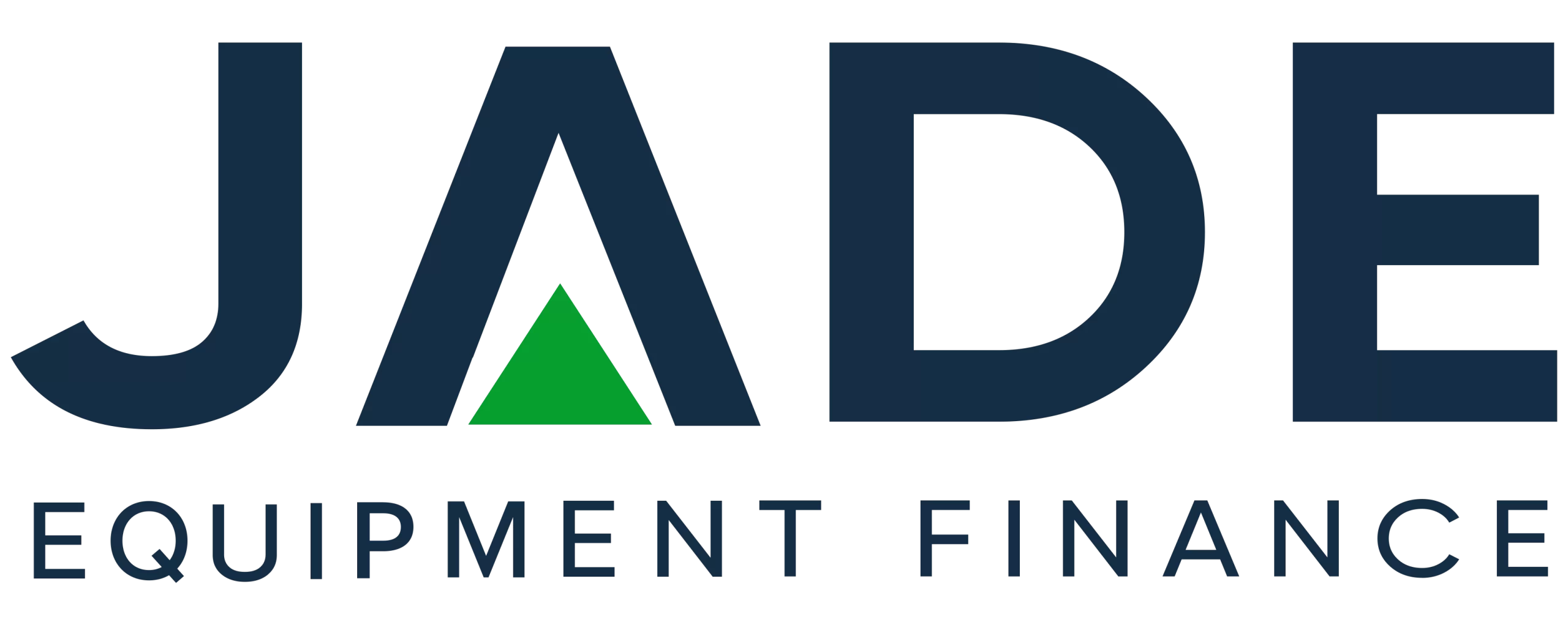Identifying exactly when is the right time to invest in new plant, machinery and equipment can involve consideration of a range of factors. These, among others, may include the equipment finance scenario and the outlook for the business. But finding the time to stay across the current, quite changing economic situation can be challenging. Finding the time to source which lenders are offering the best rates as the RBA continues to lift rates can be time-consuming.
Jade Equipment Finance has collated recent economic and finance data and information to assist with timing decisions for major asset acquisitions with finance. Data from sources such as the ABS, the Australian Bureau of Statistics, the Reserve Bank of Australia (RBA), the Australian Tax Office (ATO) as well as government.
Staffing and Labour Issues
One of the major issues which has been holding many businesses back over the past 2 years has been staff shortages and increased absenteeism due to COVID-19 isolation restrictions. The RBA has noted this as a major issue which has constrained business capacity.
The latest figures and some upcoming Government actions may be set to alleviate the labour shortage and provide a more positive outlook for business. After falling for many months, the unemployment rate rose for August to 3.5%. The September figures should be available in coming weeks and can be accessed at the ABS website.
A National Jobs Summit was recently held and has led to a number of positive outcomes. These can be reviewed in detail at Treasury and include migrant intake increases; dealing with visa processing delays; and changes to both how much aged pensioners can earn and restrictions for international students graduating from Australian universities.
Another major plus for businesses is the decision made by National Cabinet on Friday 30 September to cut mandatory COVID isolation rules. These come into effect from 16 October. But some medical experts warn of issues around this easing. Businesses may wish to make their own decisions as to whether or not they will ask their staff to continue isolating for 5-7 days when they test positive.
Inflation and Spending Patterns
Soaring inflation has been the main reason that the RBA has been raising interest rates over the past 6 months. Consumer demand was and continues to be strong after easing of lockdown restrictions while supply for many goods has been constrained due to both domestic and global issues. Inflation figures have traditionally been issued every few months. A scenario which may make it more difficult to assess the situation.
But the ABS had now made the decision to release inflation data on a monthly basis and have just released the August figures. Following how inflation is tracking on a monthly basis, may provide businesses with indications for their own operations.
Following spending trends for consumers may also assist by seeing in what sectors demand is strong and where spending may be dropping off. This data can also be accessed on a monthly basis at the ABS site.
The August data revealed a further increase in the retail sector. Mr Dorber from the ABS said the August increase was the eight consecutive monthly increase and was driven by the food sector. He mentioned cafes and restaurants as well as food produce and takeaway. Spending on non-food goods posted a mixed result. A fall of 2.5% was recorded in goods including clothing, footwear and accessories.
What can this mean for businesses and the economy? Businesses in certain sectors that are still seeing strong consumer demand may see this as positive signs and justification to proceed with asset acquisitions. Those in other sectors may use this data to adjust production.
There is however a potential downside to strong consumer demand. That is, further interest rate increases by the RBA. Governor Philip Lowe stated in a number of media releases that there would be take time for rate rises to record an effect on inflation. If the RBA Board see inflation continuing at strong levels, further rate rises may be considered appropriate.
For businesses this may be motivation to move quickly with machinery purchases with equipment finance before interest rates rise further.
Finance Rates
The interest rate is the key determinant of the total cost of an equipment finance deal and the monthly finance payments. The RBA has acted to raise the official cash rate at each of its monthly Board meetings recently and additional increases are expected.
Despite the recent interest rate increases which have flowed through lending markets, we have continued to maintain better rates across the full portfolio of our equipment finance products.
Tax Benefits with Finance Selection
Optimising tax benefits of equipment finance can deliver significant savings. Currently, eligible businesses acquiring eligible assets may choose to take advantage of temporary full expensing. Read our article on this measure as a reminder of the machinations.
In regard to timing, businesses should note the 30 June 2023 cut-off. Reason enough to move on plant, machinery and equipment purchases with Equipment Loan or Chattel Mortgage.
Our consultants can move quickly with sourcing the cheapest finance quotes, structuring finance and arranging settlement to ensure business operators meet their preferred timeframe.
Summing Up
Another matter to look out for, coming up shortly, is the October Budget to be delivered by Treasurer Chalmers. We appreciate that not everyone has the time to stay across these issues as they unfold, so we do. Stay connected with our News and Tips as we post weekly articles on topics that are relevant to general business and specifically to equipment finance.
To discuss your finance requirements contact Jade Equipment Finance on 1300 000 003
DISCLAIMER: IF MISINTERPRETATIONS, MISREPRESENTATION OR ERRORS EXIST IN THIS ARTICLE, NO LIABILITY IS ACCEPTED. THE INFORMATION IS PROVIDED ONLY FOR GENERAL PURPOSES AND NOT IN ANY MANNER INTENDED AS THE ONLY SOURCE FOR MAKING FINANCIAL DECISIONS. THOSE THAT CONSIDER THEY REQUIRE ADDITIONAL GUIDANCE OR ADVICE SHOULD REFER TO AN INDEPENDENT FINANCIAL ADVISOR.


